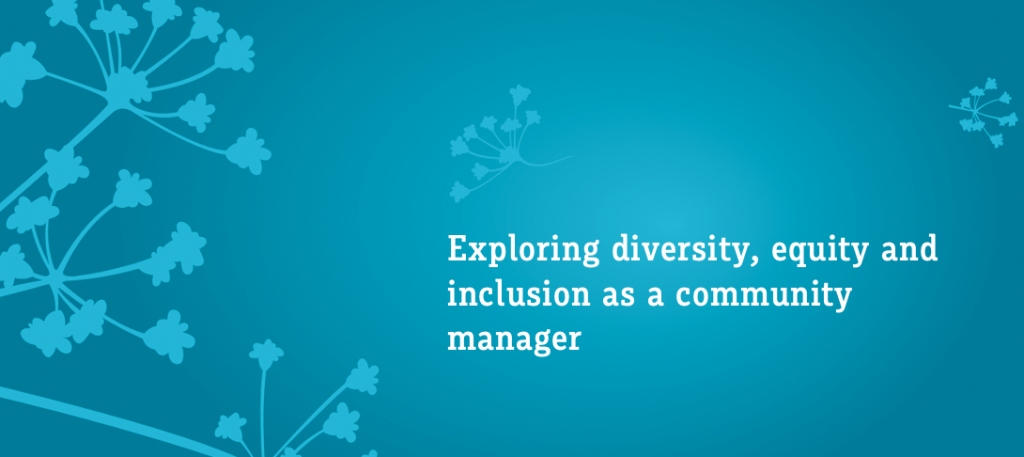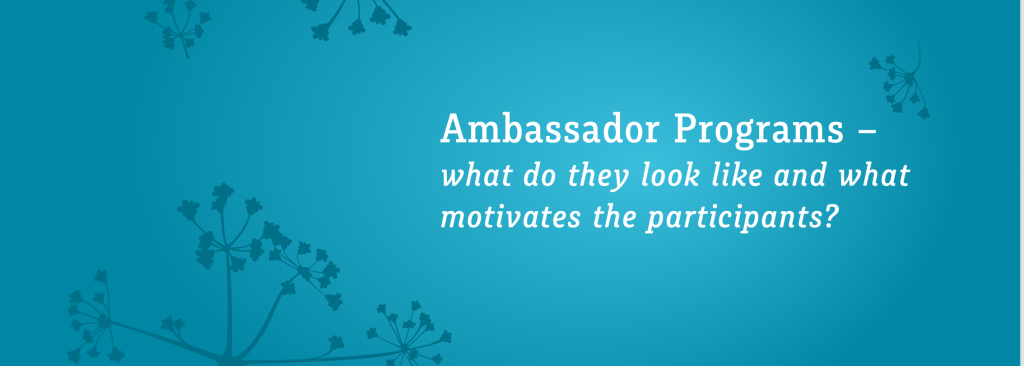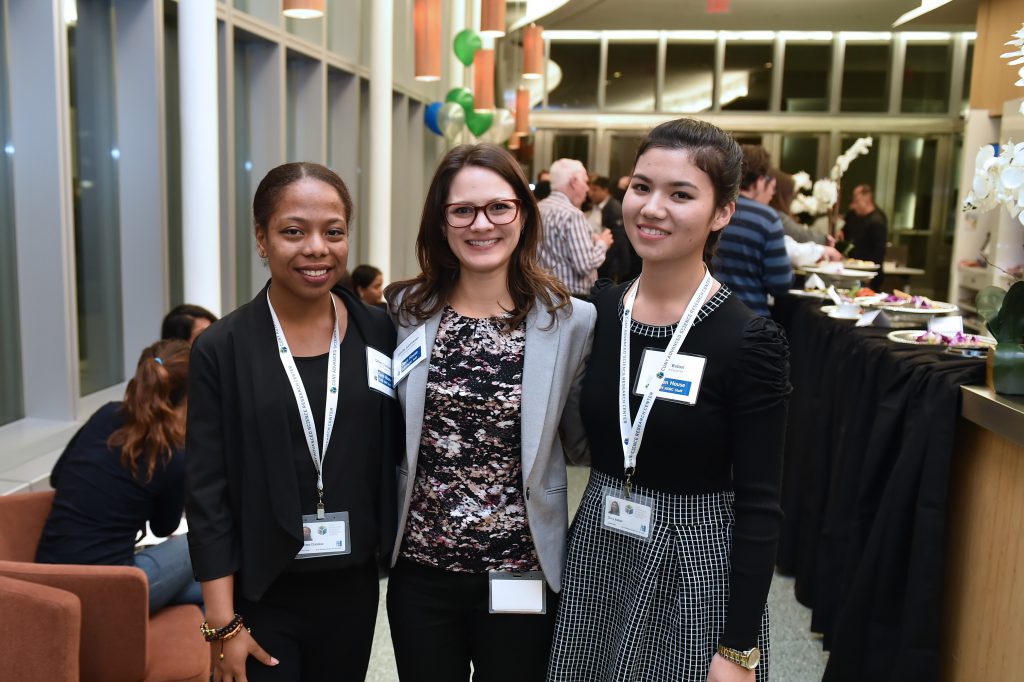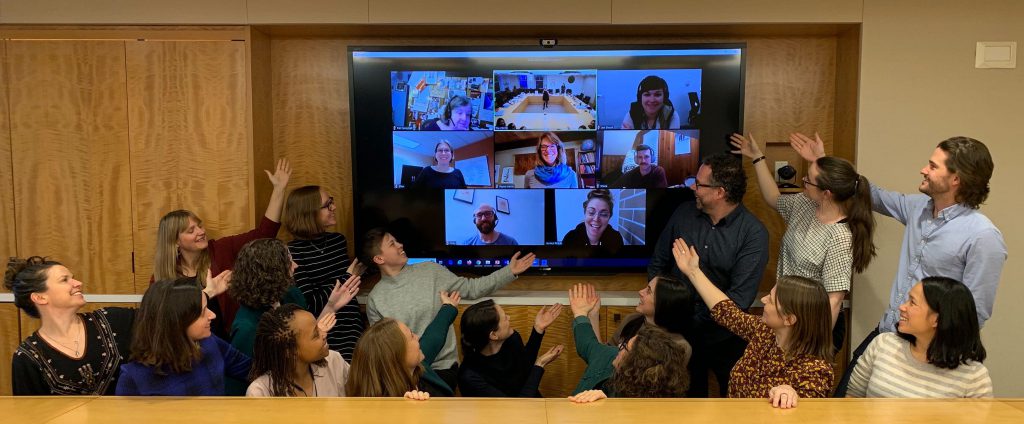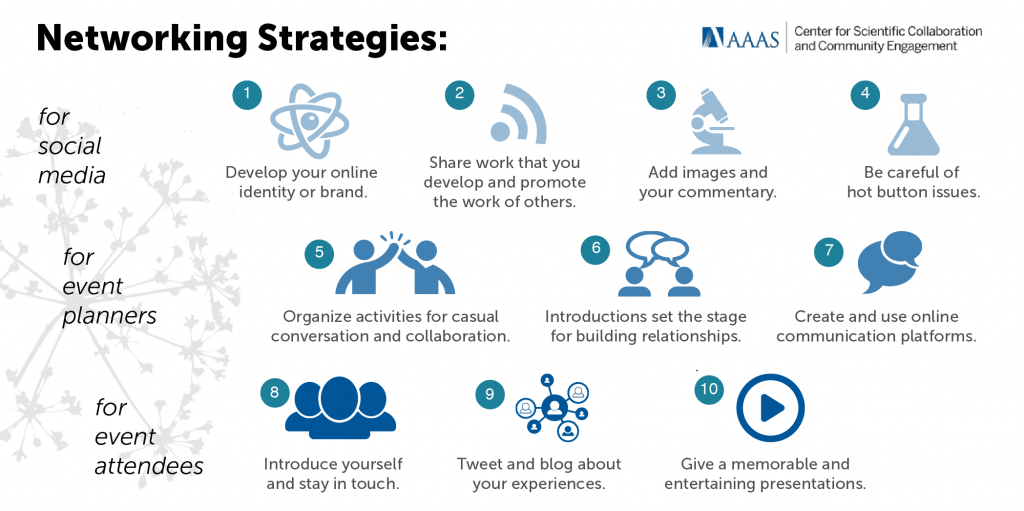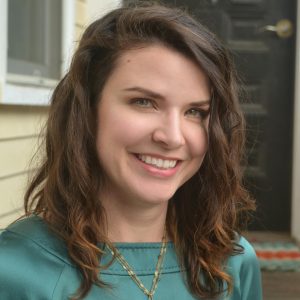This past year, Ellen Bechtol launched a brand new community as a brand new community manager. In this guest post she reflects on how that went.
This past year, I had the opportunity and privilege to launch a brand new community as a brand new community manager. And I think it went reasonably well! Here’s why:
Joining a Community of Practice
The Multimessenger Diversity Network (MDN) is a community of representatives from multimessenger astrophysics research collaborations focused on increasing diversity in the field. As a community of practice (CoP), the MDN is “a group of people who share a concern or a passion for something they do, and learn how to do it better as they interact regularly” (Wenger-Trayner & Wenger-Trayner). I find it fitting that to run a CoP I joined a CoP for community managers, the Community Engagement Fellows Program (CEFP) and subsequent CSCCE CoP. Within weeks of starting in my new role as a community manager, I applied to the CEFP with a strong sense that being part of it would be crucial to successfully launching the MDN. After all, I was stepping into a new role for a new community and was feeling rather lost as to where to begin. Although much of the content from the early CEFP trainings felt out of scope for the MDN, connecting with other community managers (CMs) and getting introduced to the foundations of community management from the perspective of mature communities was unbelievably helpful. Even more helpful were continued interactions, online and at subsequent trainings, with other Fellows. The collective resource of experiences from so many CMs in so many different types of organizations has been most valuable.
Continue reading “Launching a New Community as a New Community Manager”